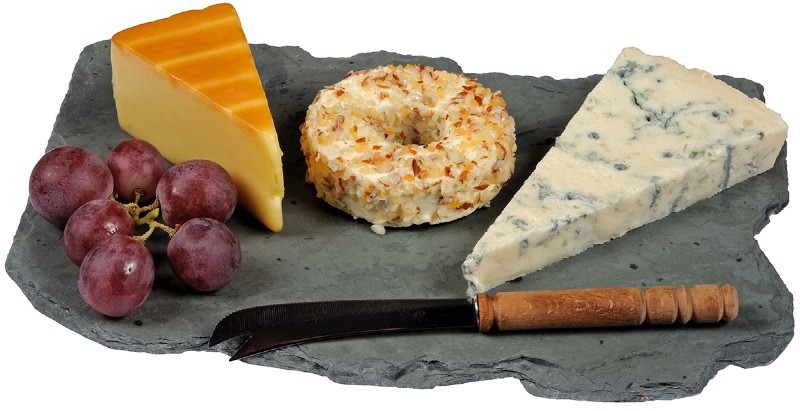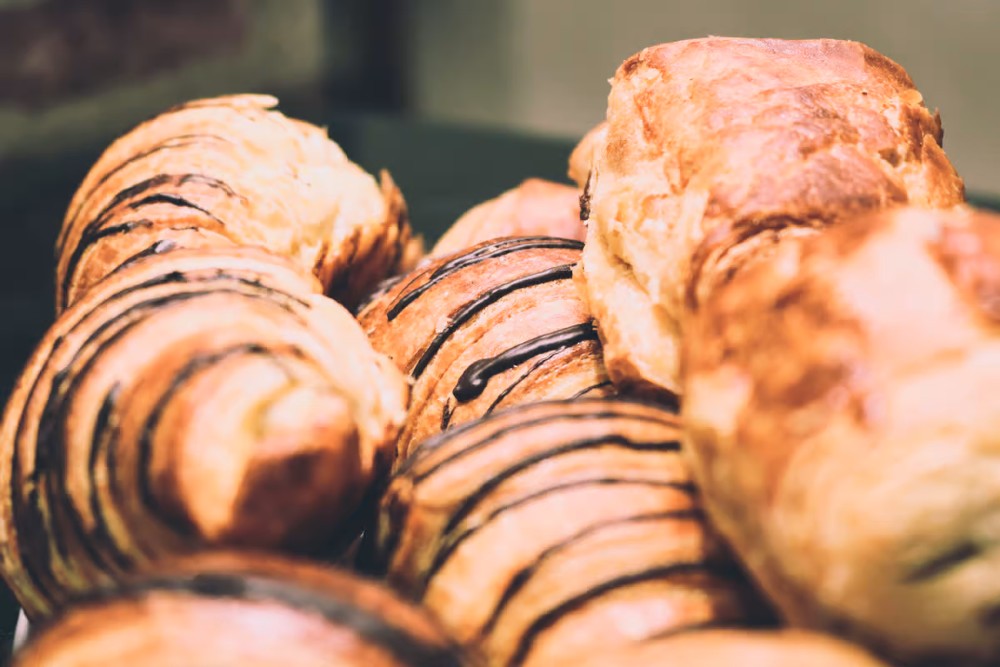
How to navigate? It’s simple: you can always trust your palate. There are cheeses for all tastes. Whether at the grocery store or at the cheese factory, before buying an unfamiliar cheese, it is advisable to taste it. But is it enough?
Farmhouse, Artisanal, Dairy Cheeses: What Are The Differences?
A farmer’s Welsh Cheese (or farmhouse cheese) is produced with milk from a single farm and made immediately, on site, after milking, without being refrigerated. This cheese is typical and specific to its region. Its flavor varies with the seasons and the grass that the cows eat.
An artisanal cheese is made in a small structure, called a dairy, from a mixture of milk from several nearby farms. These milks are raw.
A dairy cheese is produced with milk still coming from the region but from less nearby farms, and they are generally refrigerated. Manufacturing is more automated. This one still reflects its terroir, but it has fewer flavors than artisan cheese and even less than farm cheese.
You can also rely on the color and texture of the crust. Good quality cheese has a bright, shiny color. If you can, touch it gently. Do not forget to look at the mention “To be consumed before” on the label or packaging: you will choose it, according to your tastes, rather young or mature.
The Seasonality of Cheeses
There are seasons for cheeses as well as for fruits or vegetables, and there are also vintages for milk as well as wine.
Spring: The animals graze the pasture grass and the milk benefits from the new aromas which will enrich the cheeses. It is especially the goat season. Do not miss.
In summer, when their ripening is complete, the cheeses arrive on the shelves at full maturity. This is the season to savor the best Camembert, the best Saint-Nectaire and more generally all the soft cheeses, with washed and flowery rinds.
Autumn will give a second youth to the pastures thanks to the renewal. This is where the goats regain their strength and the soft cheeses endure.
Winter means bad weather and excess humidity, without fresh grass for animals that are fed hay and at worst silage. The milk is therefore less rich and less distinctive. The cheeses produced are far from their optimum taste, with the exception of Vacheri n-Mont d’Or, made in Autumn-Winter.
Cheeses are seasonal products. Remember it. We therefore advise you to respect the ideal periods of consumption, and to take into account the time and the ripening work, to let the cheeses fully express their qualities. Calcium, proteins, vitamins, discovers all the natural nutritional benefits of this essential for our little and big appetites, with dietician-nutritionist.
Virtues of Cheese: They Help Strengthen Our Immune Defenses
Zinc contributes to the normal functioning of the immune system, specifies our expert. To spend a winter in great shape, we do not hesitate to regularly bite a piece of cheese.
They Contribute To the Intake of Vitamins of Group B
There is nothing like a portion of cheese to fill up with vitamins, in particular those of group B. Among them, vitamin B2 which contributes to reduce fatigue, vitamin B12 which participates in the normal formation of red blood cells as well. that vitamin B9 essential for the growth of maternal tissues during pregnancy.


